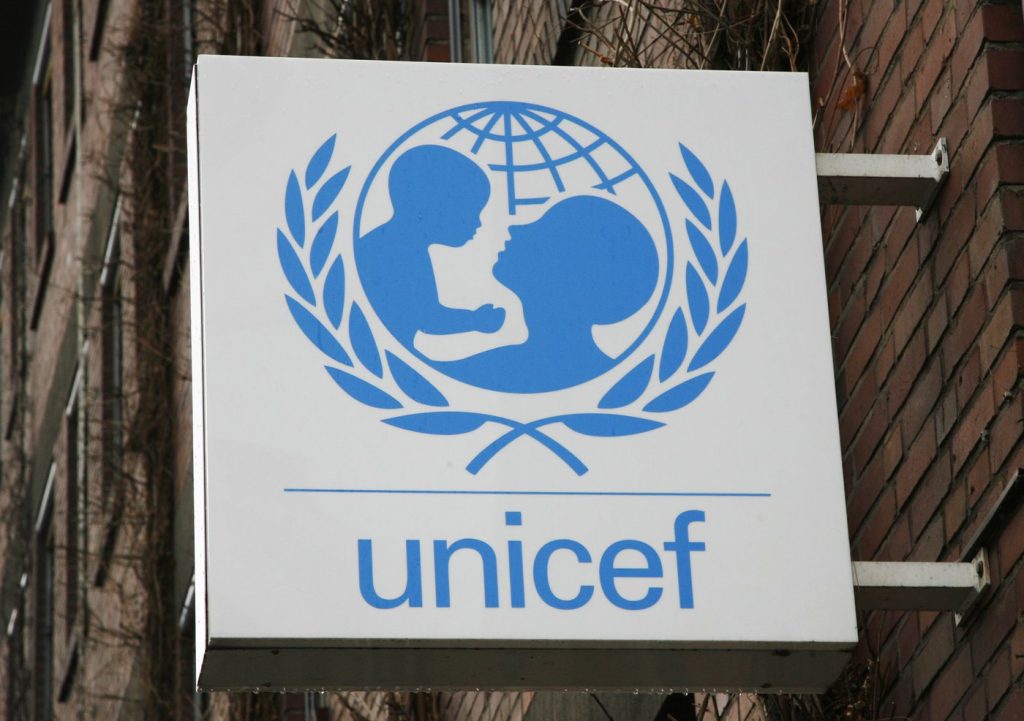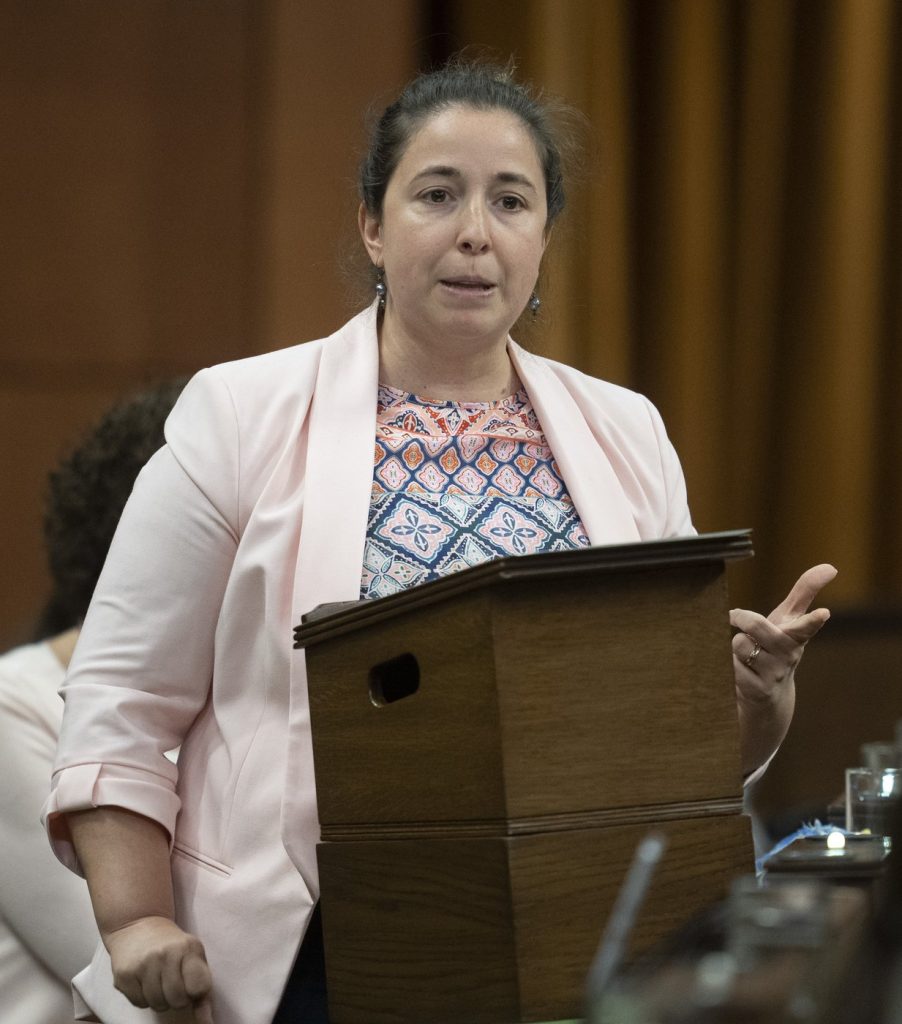A global study conducted by UNICEF has revealed that many children in Canada are experiencing unhappiness, primarily due to social challenges such as bullying and difficulties in forming friendships. The 19th Report Card from UNICEF indicates that one in five youth in Canada face frequent bullying, a similar ratio experiences loneliness, and one in four struggle to connect with peers.
The report highlights the significant impact of bullying, especially on life satisfaction levels reported by 15-year-olds. Since 2018, there has been a notable drop in life satisfaction among this age group, decreasing by three percentage points to 76%. This decline represents the most substantial drop among the various categories examined by the report, which assesses the well-being of Canadian children in comparison with those in other wealthy nations between 2018 and 2022.
Despite Canada being one of the world's wealthiest countries, it ranked 19th among 36 nations in terms of overall child well-being. The report identified Canada as being at the lower end of the spectrum concerning adolescent suicide rates, child mortality, and social skills. Dr. Mariana Brussoni, head of an early learning unit at the University of British Columbia in Vancouver, expressed disappointment over the findings, emphasizing that Canada, as a resource-rich nation, should be better equipped to address the struggles faced by its youth.
"Children, in many ways, are doing worse. The supports are decreasing rather than increasing," Dr. Brussoni noted. She underscored the interconnectedness of children's experiences with their families and communities, pointing to broader societal issues that exacerbate their struggles.
A companion report accompanying the UNICEF findings emphasized the significant role of bullying in diminishing life satisfaction. The report indicated that 22% of 15-year-olds in Canada reported being frequently bullied, placing the country 26th among 40 nations in this regard. In terms of social skills, Canada ranked 28th out of 41 countries, with one in four 15-year-olds stating that making friends at school was not an easy task. This trend is concerning and highlights the need for targeted interventions.
Sevaun Palvetzian, president and CEO of UNICEF Canada, stressed the importance of prioritizing children's health, safety, education, and overall happiness. "I’m deeply disappointed by how the life satisfaction of children and youth in Canada is falling. Good mental health is the foundation for childhood, yet it continues to be overlooked," added Matin Moradkhan, UNICEF Canada’s youth advocate. They are calling for comprehensive policy changes in education, funding, and healthcare to ensure that every child has the opportunity to thrive.
The UNICEF study also noted that social skills remained relatively stable during a challenging period when the COVID-19 pandemic disrupted daily life and routines for many families. In Canada, the shift to online classes, cancellation of extracurricular activities, and restrictions on gatherings affected many children. However, despite these challenges, social skills indicators did not deteriorate significantly between 2018 and 2022, with some improvement seen in other countries during the same period.
Dr. Brussoni reiterated that these concerning trends existed prior to the pandemic and are continuing to persist, emphasizing the urgent need for appropriate support systems for children early in their lives. "Investing in early support pays off significantly compared to attempting to rectify issues later," she stated.
Overall, Canada ranked 13th for life satisfaction, although the slight drop observed was not statistically significant. The study also reported improvements in the rates of suicide and child mortality, with Canada ranked 33rd out of 42 for suicide and 25th of 43 countries for child mortality. The adolescent suicide rate decreased from 10.1 to 8.4 per 100,000 but still remains significantly higher than the average of 6.2 per 100,000. Additionally, while there was a reduction in child mortality among those aged five to 14 from 0.94 to 0.88 per 1,000, this improvement lagged behind that of other nations.
Canada's only top ranking was in academic skills, where it achieved the sixth position out of 42 countries. The companion report, "Childhood Interrupted: How Canada’s Child Well-Being Compares to Other Wealthy Countries,” calls for government action to enhance child well-being, including proposals to double the Child Disability Benefit, improve access to income benefits and maternity leaves for infant care, and provide stronger protections against harmful marketing and digital impacts.
The report also calls for better implementation of Jordan’s Principle, aimed at ensuring First Nations children receive timely access to essential government services, reflecting broader issues of equity and access in child welfare.












